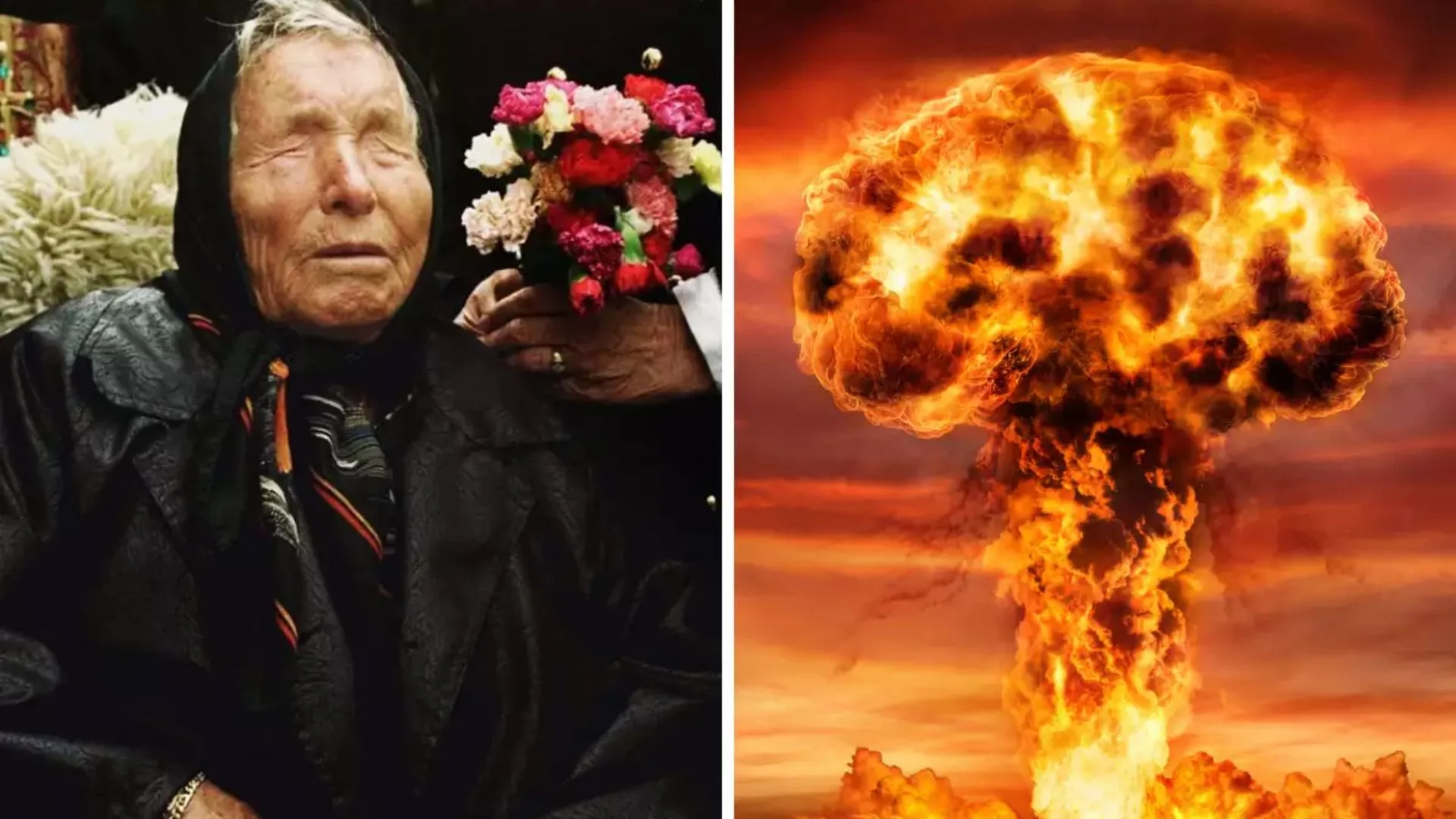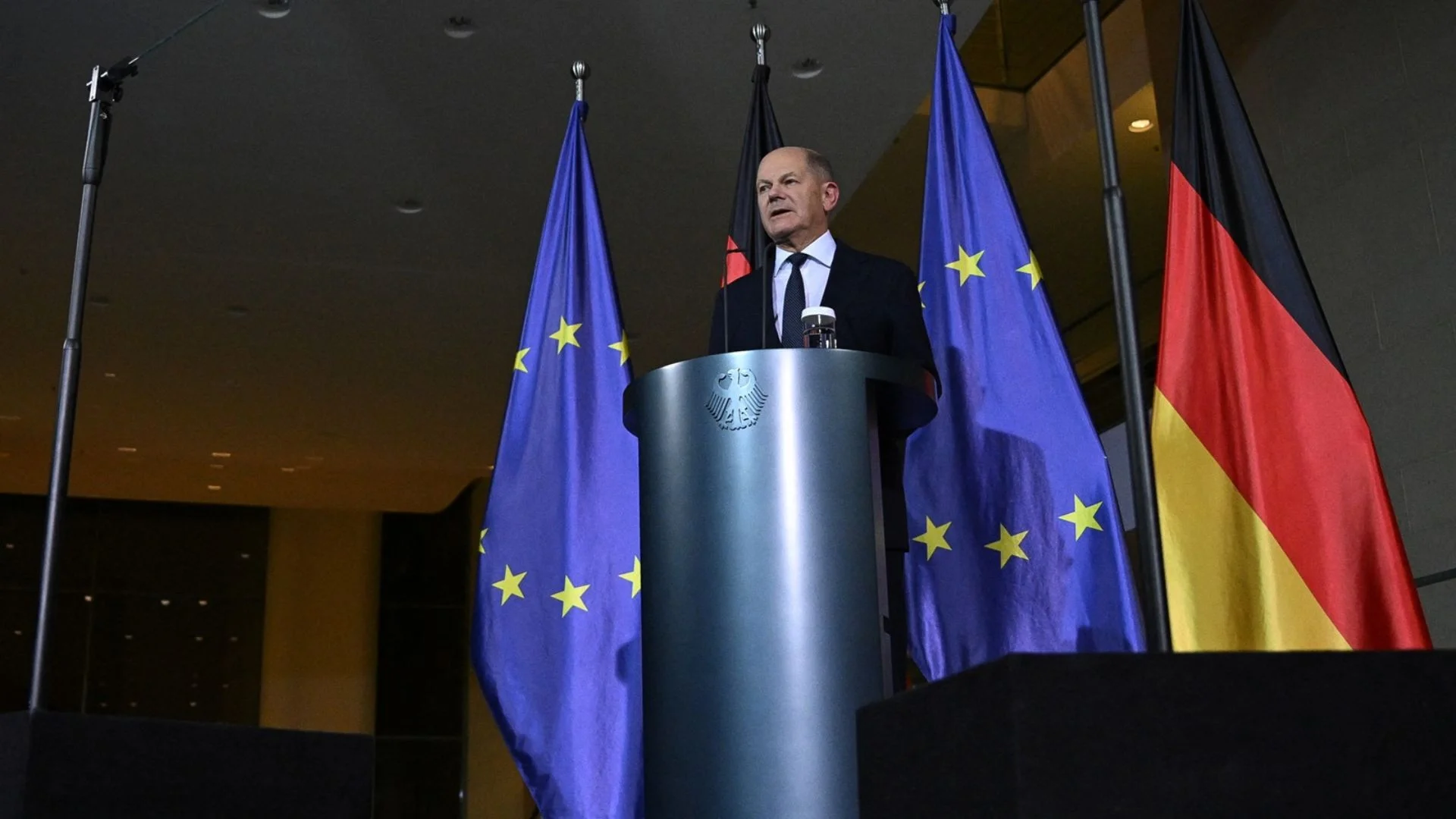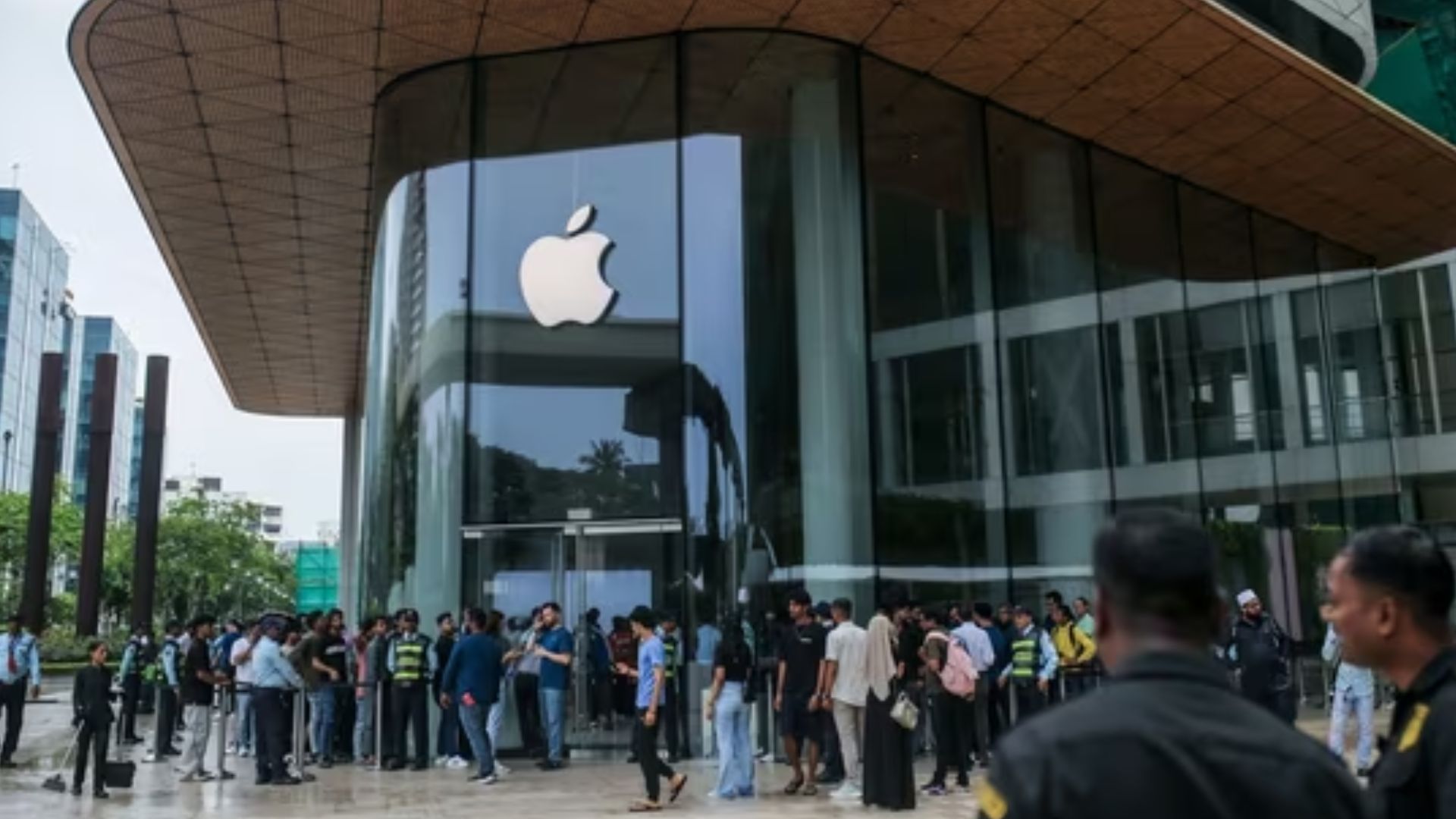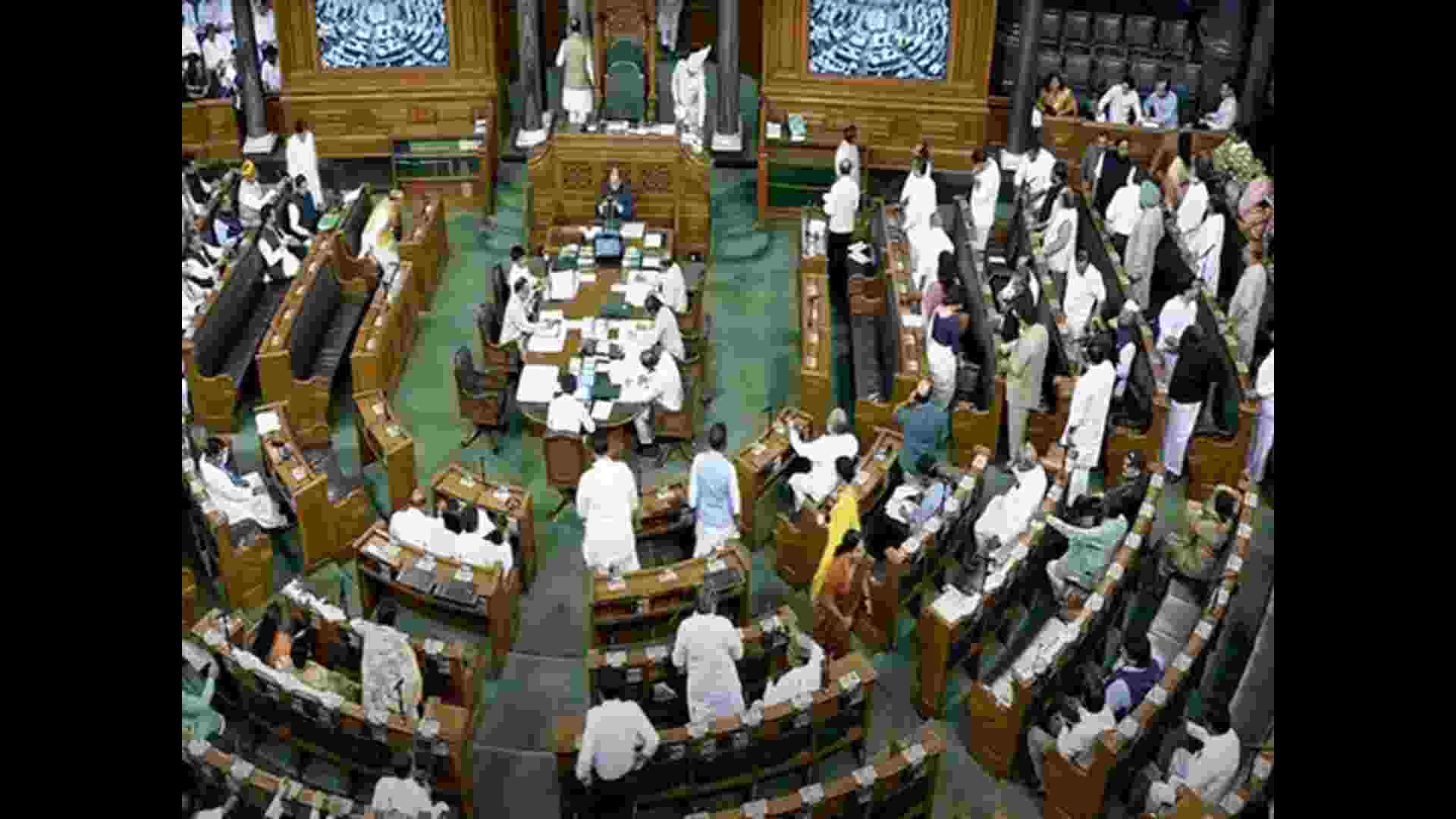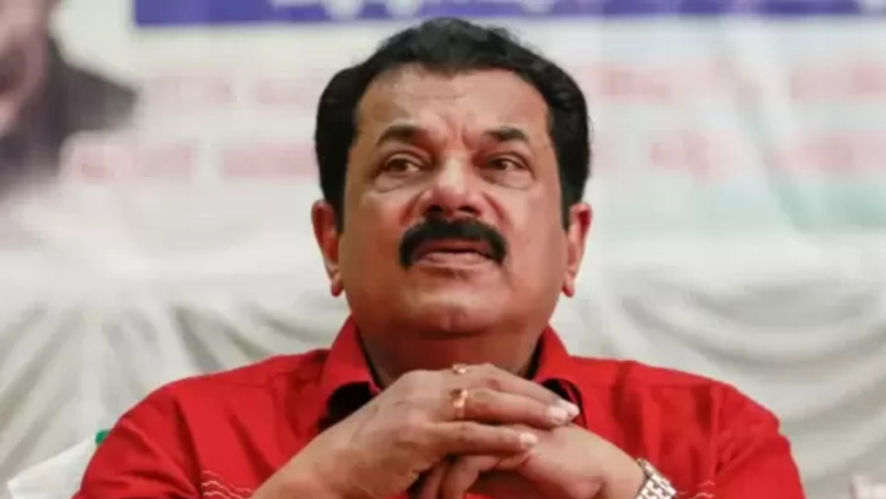
In various spheres, women in the state have long faced discrimination, a persistent issue that transcends fields, urging us to confront it. Unfortunately, this trend persists even in Haryana’s political landscape, glaringly evident as the majority of political parties have failed to nominate significant numbers of female leaders for the upcoming Lok Sabha polls. Despite Haryana being the first state to institute a 50 percent reservation for women in the Panchayati Raj system, reluctance from political parties to field women candidates in Assembly and Lok Sabha elections speaks volumes about the entrenched discrimination in state politics. Consequently, with 47 percent of the total vote bank, a substantial portion of the electorate is clamoring for equal representation.
For the upcoming Lok Sabha elections scheduled for May 25th, the ruling Bharatiya Janata Party (BJP), the main opposition Congress, and the Jannayak Janta Party (JJP), former ally of the BJP, and the Indian National Lok Dal (INLD) have collectively nominated merely four female candidates. Noteworthy among these are late former MP Banti Kataria, the spouse of a former MP from Ambala Lok Sabha constituency, fielded by the BJP, while the Congress has put forward party General Secretary Kumari Selja for the Sirsa constituency. Both Ambala and Sirsa Lok Sabha seats are reserved for SC candidates. Additionally, the INLD and JJP, traditional rivals, have interestingly nominated Sunaina Chautala, wife of Ravi Chautala, and Naina Chautala, wife of JJP National President Ajay Chautala and mother of a former Deputy Chief Minister, respectively, for the Hisar Lok Sabha seat, setting up a familial electoral confrontation. Regrettably, beyond these instances, the BJP, Congress, INLD, and the JJP have refrained from nominating any other female leaders.
Statistics from the Election Commission of India reveal that Haryana boasts over 2 crore voters, with 20,041,353 registered voters, including 10,634,532 males, 9,406,357 females, and 464 transgender voters. Despite nearly half of the electorate being comprised of women, political parties exhibit hesitance in prioritizing their inclusion in the electoral process, denying them the deserved representation necessary for addressing their concerns in the parliament.
The historical oversight of women in Haryana’s political narrative spans nearly six decades since the state’s inception in 1966. Amidst this male-dominated landscape, only a handful of women have managed to secure parliamentary positions. Chandravati made history in 1977 as the first female MP from the state, defeating the late former Chief Minister of Haryana, Ch. Bansi Lal. Subsequently, Kumari Selja, a stalwart of the Congress, emerged victorious from Sirsa in 1991, triumphing over Sushil Indora, and repeated her success in 1996. In 2004, she secured the Ambala seat, defeating Ratanlal Kataria, the late husband of BJP candidate Banto Kataria. Continuing the momentum, she clinched victory in Ambala once more in 2009. Additionally, Kailasho Saini, contesting on an INLD ticket, won the MP seat in 1999, defeating OP Jindal of Congress. Sudha Yadav, representing the BJP, secured victory in Mahendragarh in the same year, and in 2009, Shruti Chaudhary, daughter of senior Congress leader Kiran Chaudhary, emerged victorious from the Bhiwani-Mahendergarh constituency. Notably, Sunita, an ex-IRS official, won the Sirsa seat in 2019, despite being overlooked by the BJP in favor of Ashol Tanwar.
